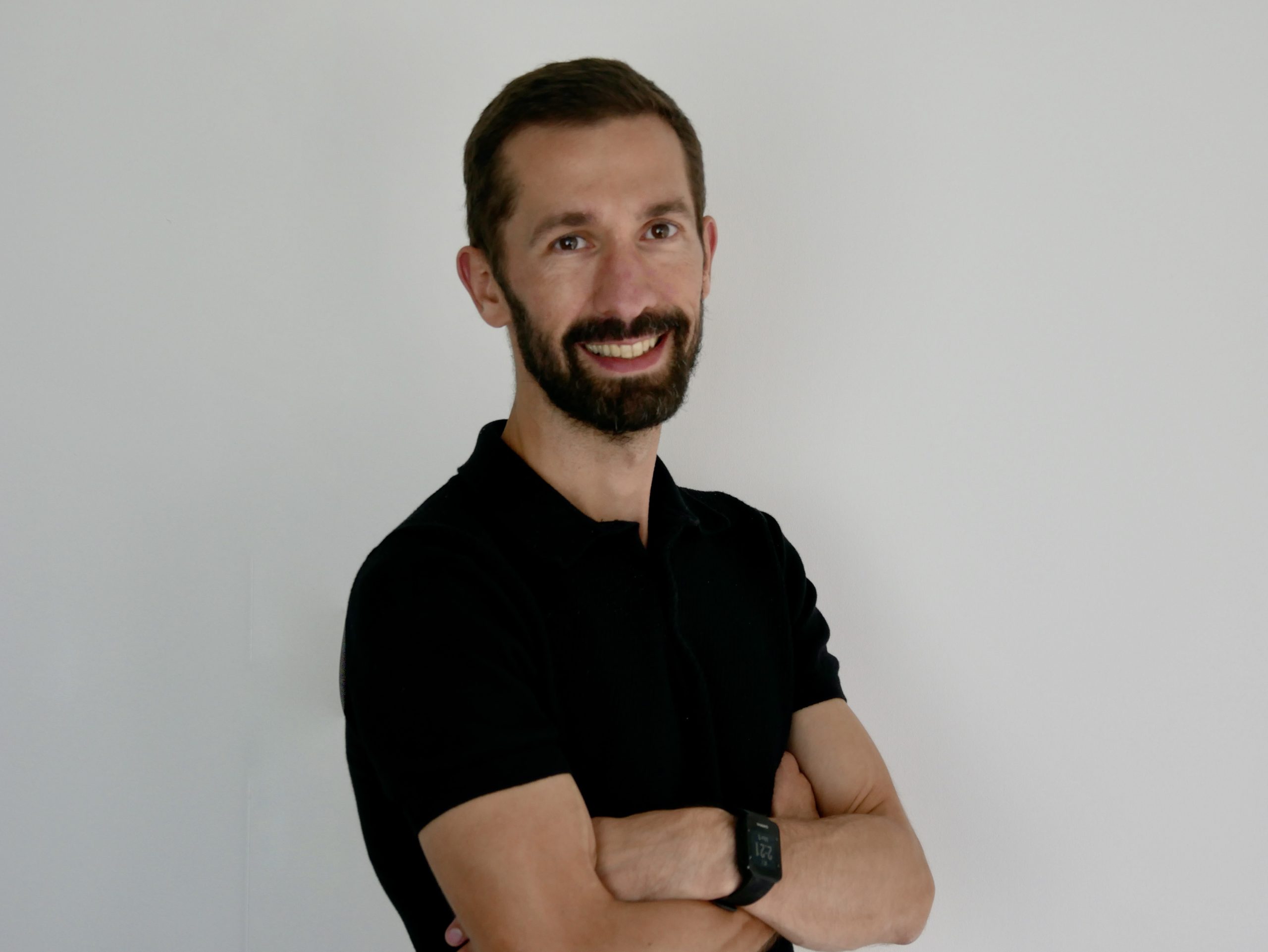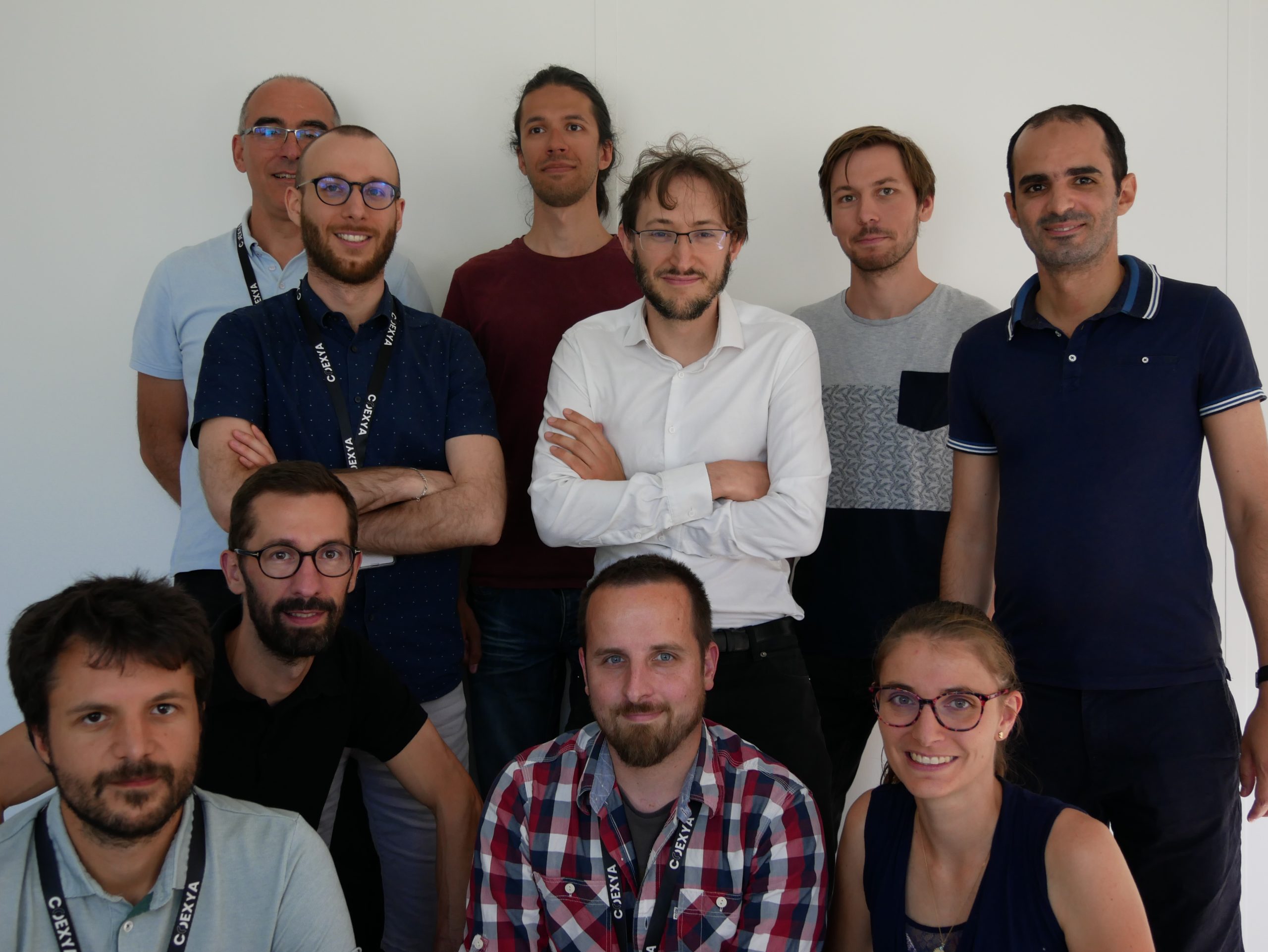Meet Gaël
Hello, my name is Gaël Yvrard. I’ve been working at Coexya for nine years, and I’m currently a Division Manager within the Smart Data entity.
Can you briefly explain what the Search & Analytics division does within Smart Data?
The Search & Analytics division brings together our experts in enterprise search engine integration. Unlike public tools such as Google or Qwant (or Lycos and Altavista for the nostalgic ones!), our solutions are designed specifically for professional environments. They take into account company data, business-specific vocabulary, data security, and user profiles to ensure that access to information is both relevant and secure.
We work with specialized software vendors like Algolia, ElasticSearch, Mindbreeze, Sinequa, and Squirro, which enables us to deliver robust, high-performance solutions perfectly suited to our clients’ needs.
What is the main mission of your division, and how does it contribute to Coexya’s overall strategy?
Our main mission is to support our clients in their Knowledge Management projects—in other words, to help them make the most of their information so that knowledge can be shared and accessed more easily within their organization. Concretely, our solutions allow users to quickly find the right information wherever it is, which greatly streamlines day-to-day work.
These projects fit perfectly within the broader strategy of our Smart Data entity, whose goal is to enhance the value of data in all its forms (structured, textual, geographic, image, video, etc.). They also reflect Coexya’s DNA as a multi-specialist digital player: we combine expertise in structured and unstructured data management, natural language processing and understanding, and, of course, generative AI. This combination of skills enables us to create concrete and innovative solutions for our clients.
In your opinion, what are the current challenges in data and intelligent search?
Historically, enterprise search solutions were often compared to public ones like Google or Qwant. But today, with the emergence of new major players such as Anthropic, OpenAI, Meta, and Mistral, the landscape has completely changed. This compels us to rethink how we access and leverage information.
Our challenge now is to enrich enterprise search engines with generative AI technologies—including Retrieval-Augmented Generation (RAG), Agentic AI, multimodal approaches, and knowledge graphs, all of which we’re developing deep expertise in.
And since language models are evolving rapidly—in terms of context length, accuracy, and relevance—we must constantly stay on top of new developments to adapt our solutions accordingly. It’s a fascinating challenge, as it blends technological innovation with a tangible impact on how users interact with information.

Can you tell us more about your team? How is it organized, what profiles do you have, and what are your rituals?
Our team is quite young, with an average age around 30, and above all, very dynamic. We bring together a variety of profiles—functional analysts, architects, project managers, developers, and lead devs—each with their own role but united by the same enthusiasm for tackling project challenges and finding solutions for our clients.
We operate collaboratively, with regular check-ins to share progress and ideas. This creates a strong collective energy: we love exploring, testing, and learning together. It’s this mix of diverse skills and shared curiosity that makes our team strong.
What are the most stimulating technical challenges you’re currently facing?
We’re directly benefiting from the major advances in AI in recent years. Large Language Models have enabled a qualitative leap in text analysis and processing. Unlike traditional management applications, where rules are defined and outcomes are predictable, natural language understanding and AI generate nuanced responses that must be analyzed and interpreted.
The real challenge is to make these results transparent and reliable, by implementing robust evaluation mechanisms and continuously optimizing our approaches. This requires a wide range of skills—analysis, development, innovation—and above all, true teamwork. We progress a lot thanks to collective intelligence, which makes the challenge both technical and human.
The team is very welcoming; we take the time to properly onboard and train new members. If you enjoy learning, exploring a variety of topics, and working in a friendly atmosphere, you’ll feel right at home with us!

A little game to wrap up! Who’s the biggest tech geek on your team? Who’s always ready to help? And how would your colleagues describe you in one word?
That’s a tricky question! It’s hard to single out the biggest geek or the most helpful person because our team truly has a spirit of mutual support—everyone contributes their skills to the collective.
What makes our team unique is the richness of our profiles: an artist, a board game master, several athletes, a chess champion, a writer, parents of young children, a self-defense expert, a sailor… and many more! This diversity creates a stimulating dynamic and a warm welcome for newcomers.
As for me, if my colleagues had to describe me in one word, I hope they’d say “curious”, because I love exploring new topics and finding creative solutions—or “available”, since I try to always be there for the team.
